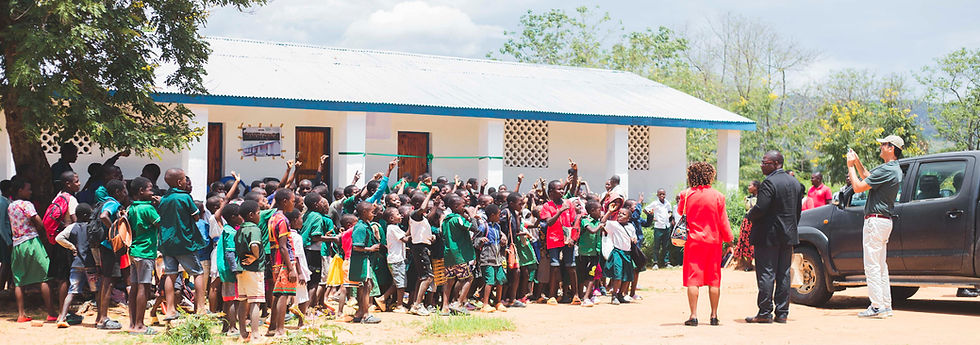Nditha! Rumphi Girls Step Into Their Power to End Violence
- Nelson Kondowe
- Oct 1, 2025
- 2 min read

In Rumphi District, the struggle against gender-based violence remains a pressing challenge. Too many girls grow up silenced by harmful practices, child marriages, harassment in schools, and deep-rooted cultural norms that limit their voices. These barriers rob them of education and opportunity, leaving scars that extend across families and communities. Yet, in this very setting, seeds of hope are being planted through bold initiatives that empower girls and inspire boys to stand as allies.

Life Concern, through its HeForShe model, is turning schools and communities into places of awareness, respect, and change. The model encourages girls to speak out, to report all forms of violence, and to see education as their shield and strength. It equally calls on boys to respect the rights of girls, becoming champions of equality in their homes, schools, and villages.

This year, the heartbeat of this initiative was felt at Jalawe Primary School, where 200 girls gathered for the annual Girls’ Camp. It was not just an event, but a safe and vibrant space where young girls interacted, shared their stories, and were motivated by role models who once walked their path. The sessions focused on education, dignity, and resilience, reminding every girl that her voice matters and her future is possible. For many, it was the first time they had been encouraged to raise their voices, share their challenges, and see themselves as leaders of tomorrow. Each participant left not only with new courage but also with practical support: school supplies and a pack of reusable sanitary pads, easing barriers that often force girls out of classrooms.

The camp’s impact was evident in the smiles, the voices raised, and the commitments made to challenge violence in every corner of Rumphi. Change has begun, one girl, one boy, one community at a time.
This transformative initiative forms part of the Nditha Project, proudly supported by The Egmont Trust, proving that when Africa’s daughters rise, the whole continent rises with them.







Comments